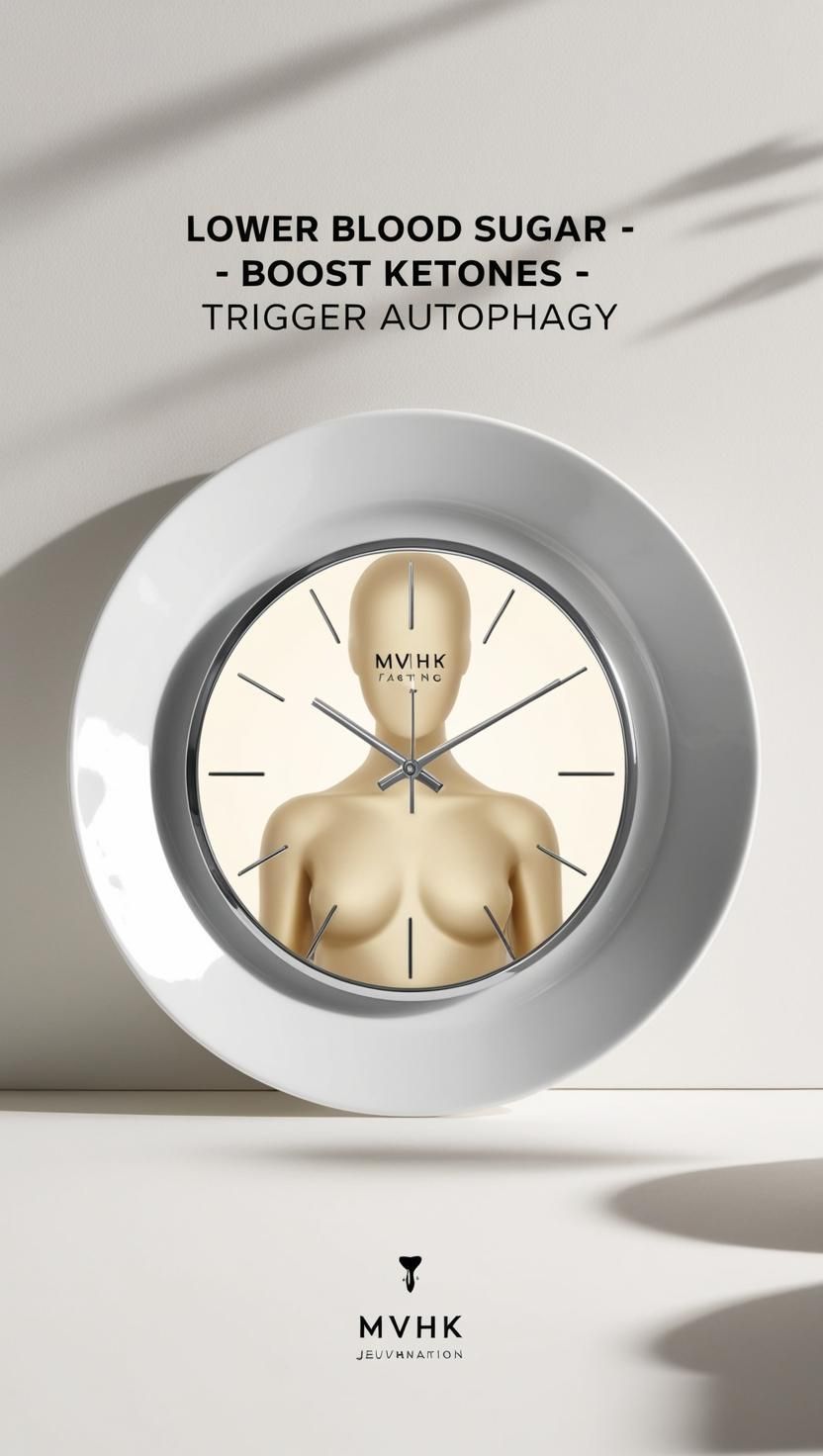Unlock Mental Clarity: The Surprising Brain Benefits of HIIT Workouts
The Mind-Body Connection: How HIIT Boosts Brain Health
High-Intensity Interval Training (HIIT) is widely praised for its ability to torch calories, build endurance, and improve cardiovascular health. But did you know that HIIT workouts can also have profound effects on your brain? Research indicates that engaging in HIIT can enhance cognitive function, boost mood, and even protect against neurodegenerative diseases. In this article, we will explore the science behind the brain benefits of HIIT and how you can integrate it into your fitness routine for both mental and physical well-being.
The Science Behind HIIT and Cognitive Enhancement
HIIT Increases Brain-Derived Neurotrophic Factor (BDNF)
BDNF is a crucial protein that supports brain plasticity, learning, and memory. Studies show that HIIT workouts significantly elevate BDNF levels, promoting the growth of new neurons and improving synaptic function. This makes HIIT an effective tool in preventing cognitive decline and conditions like Alzheimer’s disease.
Enhances Memory and Learning
A study published in Medical News Today found that participants who engaged in HIIT performed better on memory tests than those who did moderate-intensity exercise or no exercise at all. The rapid, intense bursts of activity followed by recovery periods appear to stimulate the hippocampus, the brain’s memory center, leading to improved retention and recall.
Reduces Brain Fog and Improves Focus
Many people experience mental fog due to stress, lack of sleep, or poor lifestyle choices. HIIT has been shown to enhance blood flow to the brain, ensuring it receives more oxygen and nutrients. This can lead to better concentration, sharper thinking, and improved productivity throughout the day.
HIIT and Mental Health: A Natural Mood Booster
Decreases Stress and Anxiety
HIIT triggers the release of endorphins, also known as “feel-good” hormones, which help combat stress and anxiety. The high-intensity nature of the workout forces the body to regulate stress responses, reducing cortisol levels and promoting relaxation post-exercise.
Boosts Mood and Fights Depression
A study from PsyPost revealed that just a few weeks of HIIT could significantly reduce symptoms of depression. The combination of intense movement, increased heart rate, and endorphin release creates a powerful mood-enhancing effect, comparable to antidepressant medication in some cases.
Promotes Better Sleep
Regular HIIT workouts can help regulate sleep patterns by reducing stress and increasing overall fatigue in a healthy way. Individuals who struggle with insomnia or poor sleep quality often experience improvements when incorporating HIIT into their routine.
How Long Do the Brain Benefits of HIIT Last?
One of the most exciting findings in recent research is that the cognitive benefits of HIIT can last for years. According to a study published in Medical News Today, individuals who consistently performed HIIT exercises showed sustained improvements in brain function even years after starting their regimen. This highlights the long-term benefits of making HIIT a regular part of your lifestyle.
How to Incorporate HIIT Into Your Routine
Beginner-Friendly HIIT Routine
If you’re new to HIIT, start with this simple 15-minute workout:
- Jump Squats – 30 seconds
- Rest – 15 seconds
- Push-ups – 30 seconds
- Rest – 15 seconds
- Burpees – 30 seconds
- Rest – 15 seconds
- Mountain Climbers – 30 seconds
- Rest – 15 seconds
- High Knees – 30 seconds
- Cool Down – 3 minutes of light stretching
Perform 2-3 rounds, depending on your fitness level.
Conclusion: Elevate Your Mind and Body with HIIT
HIIT isn’t just for building strength and endurance—it’s a powerful tool for sharpening the mind, reducing stress, and enhancing overall mental well-being. Whether you’re looking to improve memory, focus, or emotional resilience, integrating HIIT into your routine can help you unlock mental clarity and a healthier, happier life.
Start small, stay consistent, and enjoy the long-term cognitive benefits that come with this dynamic workout!
- Medical News Today: HIIT and Brain Health (opens in new window)
- PsyPost: Exercise and Mental Health (opens in new window)
Frequently Asked Questions about HIIT and Brain Health
How does HIIT improve brain function?
HIIT increases levels of Brain-Derived Neurotrophic Factor (BDNF), a protein that supports neuron growth, memory, and cognitive function.
Can HIIT help with anxiety and depression?
Yes! Studies show that HIIT can lower stress hormones and release endorphins, helping reduce anxiety and symptoms of depression.
How often should I do HIIT for mental health benefits?
For optimal brain health, aim for at least 3-4 HIIT sessions per week, each lasting 15-30 minutes.






